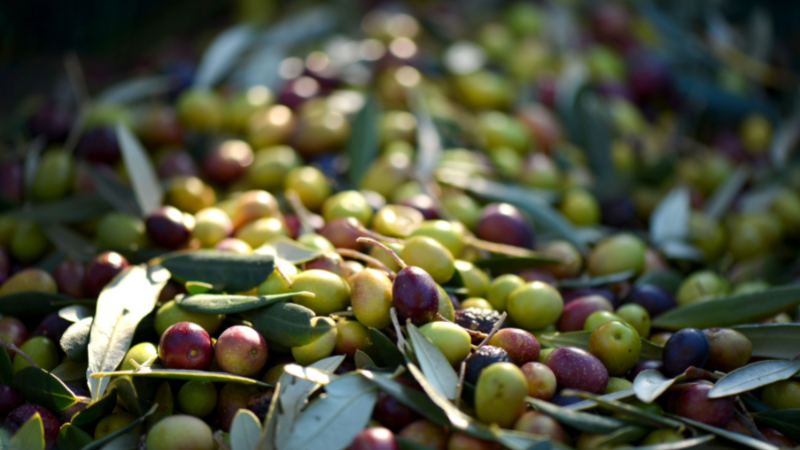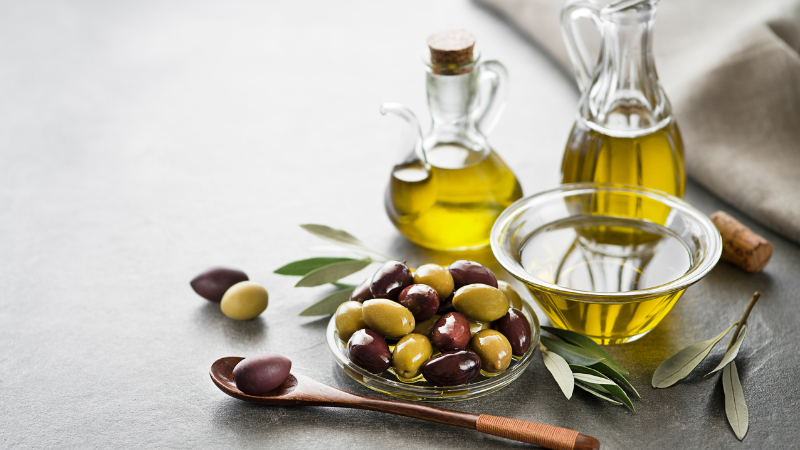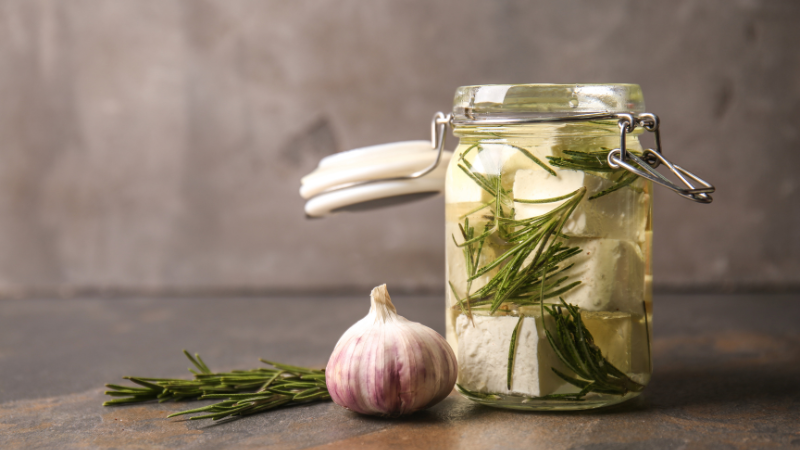How to Tell if Your Olive Oil is Fake
Olive oil is an incredibly popular ingredient found in kitchens throughout the world. It is delicious, versatile, and has many health benefits, being recognised as a healthy fat. For this reason, fake olive oil has become a significant issue in the food industry, with many products being weakened, diluted or even entirely counterfeit.
The fake olive oil industry is worth millions per year, making it highly lucrative for less scrupulous sellers to pass off subpar oil, as a quality extra virgin olive oil. If you want to ensure you don’t become one of the many people fooled, it is crucial to understand how to identify the real thing.
All of us at AGROVIM SA, home of the renowned Iliada Extra Virgin Olive Oil, believe in producing and offering only the finest GREEK products, and are here to help you and make informed and responsible selections.
What Is Olive Oil?
Olive oil is made from pressed olives and is one of the oldest and most popular staple foods . Throughout history, olive oil has been used for everything from medicine to religious ceremonies and, of course, to nourish the body.
Many consider the best quality olive oils originate from the wider Mediterranean area, particularly from Greece, Spain and Italy.
The taste, color and smell of extra virgin olive oil can vary significantly based on the location of the cultivar, the farming methods used to sustain and nourish the trees with respect to the surrounding flora and fauna, and of course, the milling process itself, since olive oil is not initially contained in the olive fruit, but forms at a molecular level in the mill, and specifically during the process of malaxation. Many specialty oil condiments may be made by infusing with popular ingredients like chilli and garlic, oregano, truffle, basil to name a few
What Is Fake Olive Oil?
Since extra virgin olive oil is such a popular item around the world, fraud is a general practice by which the non-ethical make money. The most common fraud is accomplished by mislabeling the product as “extra virgin” but in reality, the oil has either been diluted with sunflower, soybean, or other seed oils, or by low-grade “purified” non virgin olive oil, to reduce cost.
This means that you as a consumer will not be able to reap the health benefits of olive oil of extra virgin olive oil, such as the protection against heart disease, lipid oxidation stress, inflammations, and diseases of the central nervous system to name a few. This is because the product you have purchased, lacks the healthy monounsaturated fats and polyphenols that both the European Union and the US Food and Drug Administration consider as key ingredients for health protection. Of course the taste and smell of the product will also differ significantly from the fresh aromatic, slightly bitter and pungent olive juice.
Labelling a product as originating from a certain country when it is actually produced elsewhere is another common form of olive oil fraud.
Research The Seller
One of the best things you can do to ensure you get what you pay for, is to research the seller.
It can also help to look at reviews from people who have bought their products, as this can give you an idea of whether people are generally happy with the oil they receive.
Check The Harvest Date
The harvest date is different from the best before date and indicates when the olives were harvested for their oil. When possible, you should buy olive oil from this year’s harvest as this will give the best possible quality.
If a bottle does not specify a harvest date, you should look at the best-before date, which should be two years after it was bottled, to give you an idea of the age and freshness of the oil you’re buying.
Do A Taste And Smell Test
Fresh olive oil has a fresh, bright and unique flavour, so doing a taste test can be the ideal way to identify a genuine product. Authentic, fresh olive oil will have a natural pepperiness to its taste. If the oil is fake, it may have a less vibrant or even tasteless quality.
In addition, the smell of the oil will tell you a lot about whether it is fresh, ageing or even rancid. Fresh olive oil will have a grassy or fruity scent, depending on the type of olives and soil used in the growing process.
Olive oil that is no longer fresh will have a muted scent, and if it is starting to go bad, it might smell musty or have no smell at all.
Look At The Bottles
Authentic olive oil needs to be protected from light, which can cause reduced quality and spoilage. If the seller you’re looking at sells their oil in clear bottles, it is best to avoid them.
Look for opaque or darker glass bottles that will protect the quality of the oil inside. You should also be wary of choosing olive oil contained in a plastic bottle, as this will not offer the same level of protection as a glass bottle.
Choose An Award-Winning Seller
A great way to ensure the product you receive is the real deal is to use sellers who have awards and accreditation from industry-recognised organisations like the London International Olive Oil Competitions.
Award-winning olive oil has to pass muster in front of some of the world-leading experts on quality olive oil, meaning that any business that has won awards such as these can be trusted to provide you with the best quality olive oil.
Consider The Price
Since the purest olive oil can be a lengthy process to make even a small amount of oil, you will often find that the price of the oil will match the quality.
That’s not to say that every expensive bottle of olive oil you find will definitely be authentic, but it is best to be cautious if you find purportedly pure olive oil at suspiciously low prices.
Final Thoughts
Now you have all the information you need to identify the real deal when it comes to olive oil. If you’re looking for genuine, high-quality olive oil, then you’re in the right place.
Here at Iliada, we pride ourselves on offering our customers the best possible fresh, authentic olive oil made from the highest quality olives on our farm in Greece. Order some of our great options today to taste the difference in quality for yourself.



